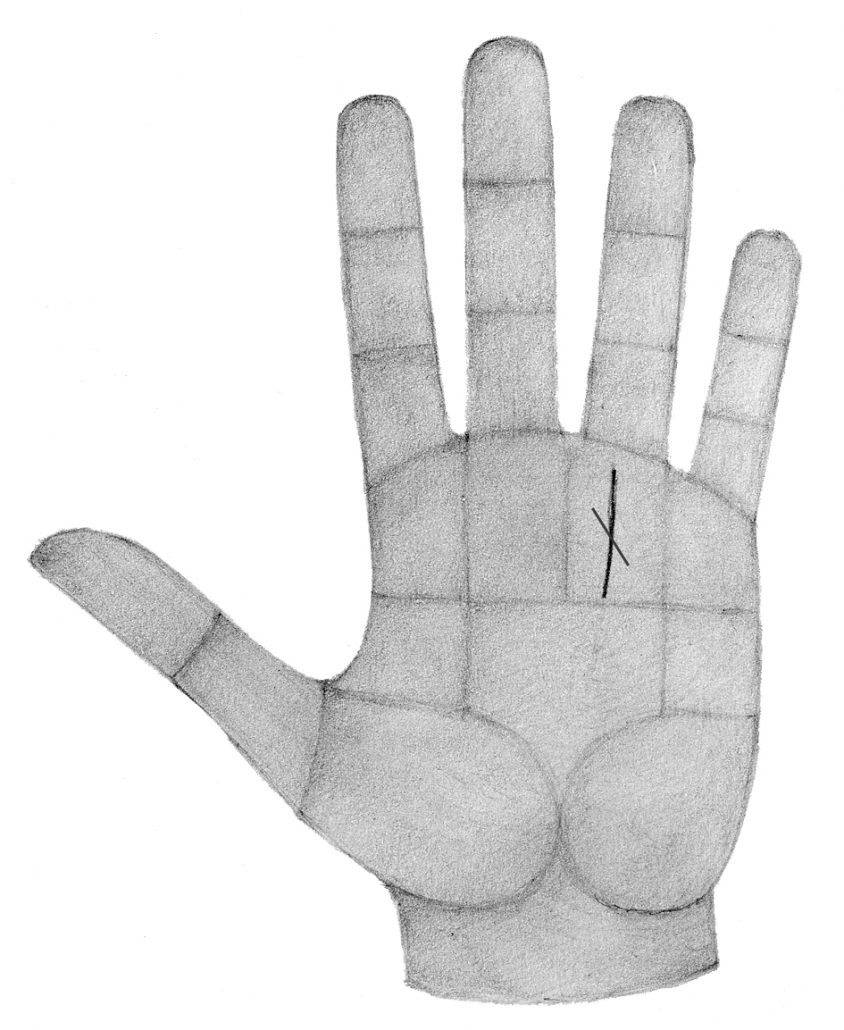Don’t Let the Love of Your Life Sail Away
Charles was a graduate student of philosophy at a major university who wanted the security of being a fully tenured professor. Melissa was a talented musician and recent immigrant to Canada who earned a living giving private music lessons. They’d both grown up near the water—Charles on the banks of the St. Lawrence River; Melissa on the coast of Jamaica—and shared a deep passion for sailing. They met at a boating regatta near Montreal, where they rented a small skiff and fell in love while skimming across the waves on a beautiful summer afternoon.
Charles recited love poems to Melissa from ancient Eastern texts and Melissa played classical guitar for Charles until he drifted off to sleep. He had never been happier in his life, and she felt the same way. They talked of the future, planning to raise a family and sailing around the world together when they retired.
For two years they were inseparable, except those times, Melissa noted uncomfortably, when it came to meeting Charles’ parents or the faculty members at his university. She finally asked Charles why he had not introduced her to his mom and dad or his colleagues. “Charlie—is it because my skin is darker than yours?” Charles was flustered. “Melissa, you know I don’t have a prejudiced bone in my body—but my mother . . . she is old fashioned, she wouldn’t approve. And the president of the university faculty is very conservative—he believes academics should only marry other academics. So please, be patient—one day I will have tenure and can do what I like. And who knows, sooner or later my mother might come around. Let’s just wait and see what happens. Let’s be patient.”
‘Be patient? It’s been more than two years! We don’t need other peoples’ approval to be happy together. Why don’t we just leave and start our life somewhere else. We are young and in love, we can earn money . . . what’s stopping us? Let’s rent a boat and sail away somewhere—anywhere in the world!”
“I would do that in a heartbeat—if we won a lottery. We can’t exist on love alone, Melissa.”
“But money can’t buy you love Charlie! You said you wanted to get married, to have kids and spend our lives together! You better make up your mind and decide if that’s the life you want,” Melissa said.
“Okay, Okay . . . I’ll think about,” Charles answered.
That Christmas Charles failed to invite Melissa to the faculty party or his family get-together. A few months later, on the third anniversary of their first meeting, Melissa was about to give Charles a lottery ticket as a present. “Move to the West Coast with me,” she said. “I can teach music to support us, you can finish your studies at a new university and we can go sailing whenever we like. We’ll live our dream; if we put each other first, the money will follow.”
“I’ll have to think about it,” he said. Melissa kissed him goodbye as she put the lottery ticket back in her pocket and left. Charles never saw her again.
I met Charles several years later while he was completing his thesis and researching some of the rare Vedic texts in the Birla’s private library. He asked to have his handprints taken and wanted to know which feature or character trait was most prominent in his palm.
 “The lines and signs of the hand form a complex and integral web—they should be read as a whole,” I said. “But what stands out most in your palm is the cross on your Sun line. The Sun line is an expression of personal joy, success and contentment—if it’s healthy and solid, it means you’re following your heart selflessly and without the need of praise or approval. However, this cross is cutting your Sun line in half. The cross has likely been caused by some unconscious or external force that’s interfering with your ability to decide or act upon what your heart is intuitively telling you is the right thing to do. Have you had difficulty finding or keeping the things that give you joy? Do you have trouble committing to your passion or happiness?”
“The lines and signs of the hand form a complex and integral web—they should be read as a whole,” I said. “But what stands out most in your palm is the cross on your Sun line. The Sun line is an expression of personal joy, success and contentment—if it’s healthy and solid, it means you’re following your heart selflessly and without the need of praise or approval. However, this cross is cutting your Sun line in half. The cross has likely been caused by some unconscious or external force that’s interfering with your ability to decide or act upon what your heart is intuitively telling you is the right thing to do. Have you had difficulty finding or keeping the things that give you joy? Do you have trouble committing to your passion or happiness?”
That’s when Charles told me his sad love story and how his relationship with Melissa ended. “But the real irony is this—a mutual friend recently told me that the lottery ticket Melissa tried to give me was actually a winning number. She became a millionaire, then she met and married another man; they bought a boat and are sailing around the world. I let the love of my life sail away from me because I couldn’t make up my mind—I let other people decide the kind of life I would lead. I guess that’s my destiny.”
“What I see in your hand is not etched in stone, Charles. What happens to us is not predestined. We can change our lines, and our lives, if we truly desire and commit to change. We can fix your Sun line, Charles—the question is, do you want to fix it, do you want to change your life?”
“I’ll have to think it over,” Charles said as he left my office. When I last heard of Charles, he had become a tenured professor and was living in his mother’s house. He never married.
Palmistry is an amazing tool that can not only reveal the personal challenges blocking us from a full and truly happy life, but can also help us eliminate those blockages and embrace the happiness and joy we deserve. All we need to do is find the courage and commitment to change.
If you’d like to learn more about how the Sun line, or any of your lines, influence your life, sign up for one of our introductory courses by clicking here. If you need help in your relationship, give us a call at 866.428.3799, or click here for a consultation. We’re here to help.
Did you find this story helpful? Leave a comment and let us know.




Leave a Reply
Want to join the discussion?Feel free to contribute!